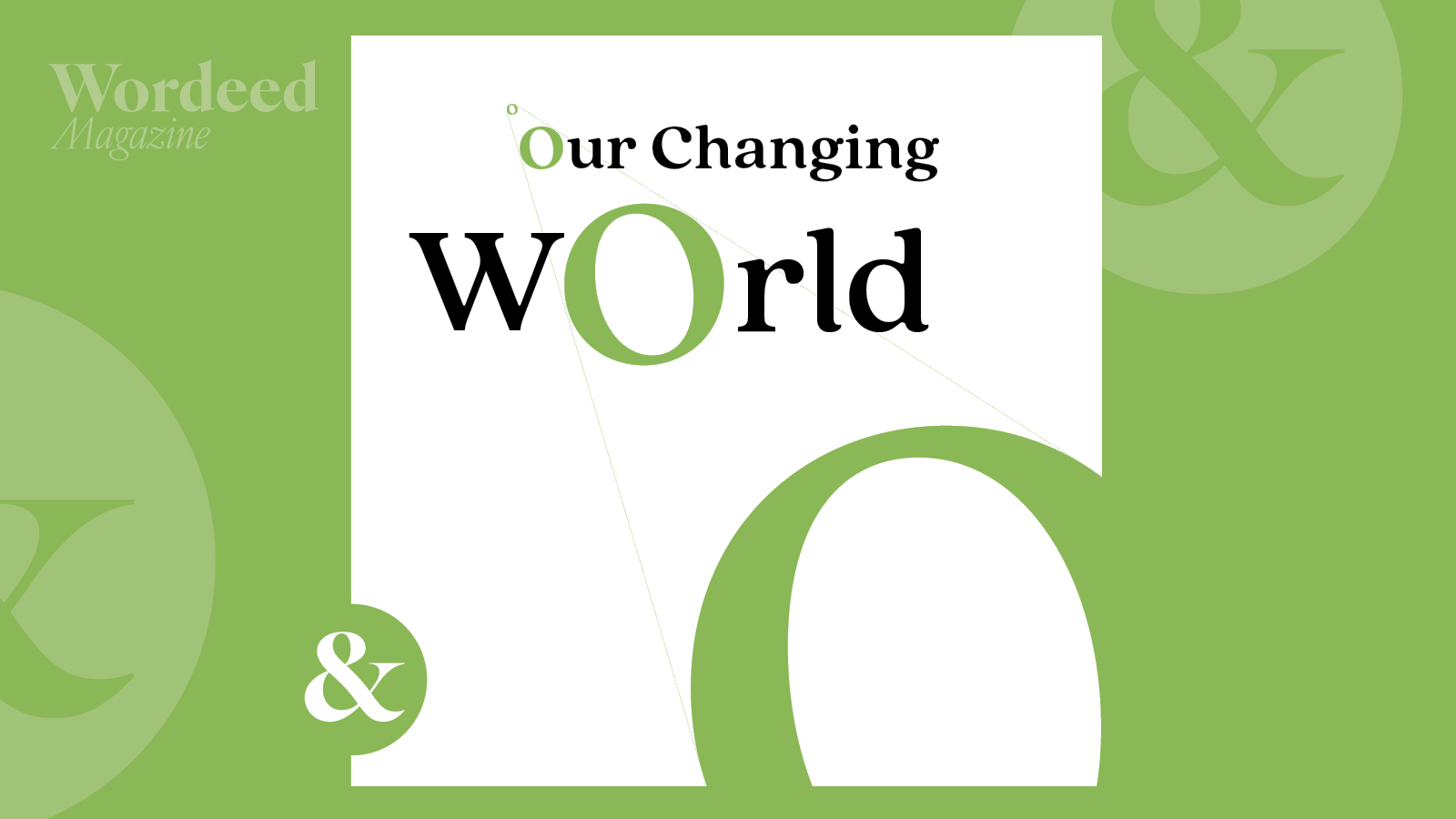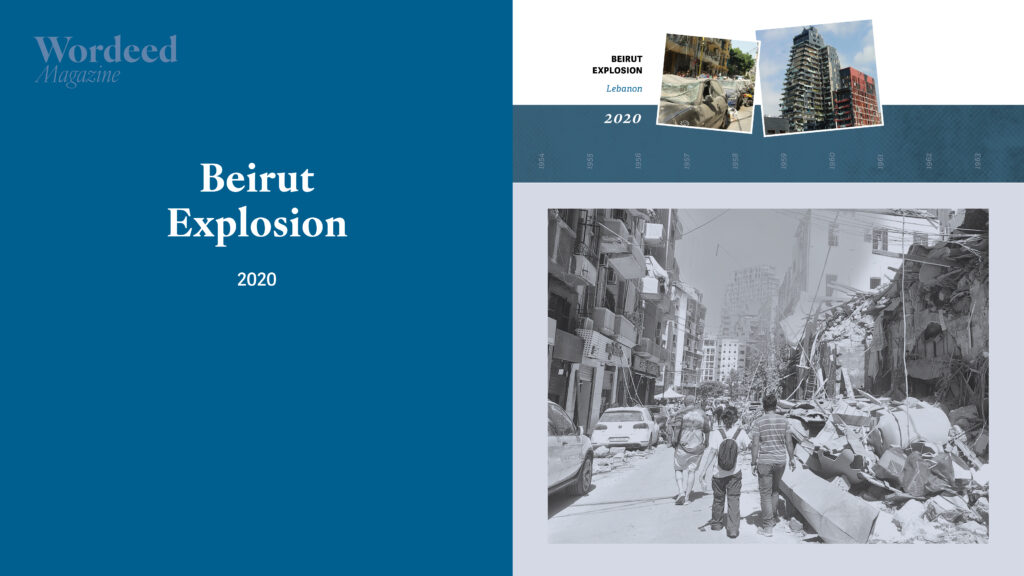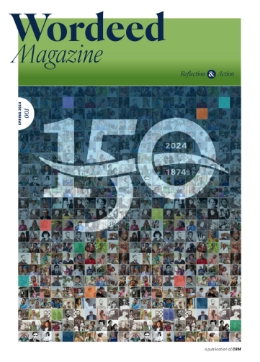Last October, I returned from Beirut, Lebanon after a wonderful week celebrating 25 years of God’s faithfulness with our partner, THIMAR. My heart was full from listening to stories of how God’s Spirit is moving in the Middle East and North Africa. My head was equally full of new ideas of how to come alongside that work and support these faithful brothers and sisters, even in the face of persecution and hardship.
Five days later, we all woke to the news that there had been an attack in the Gaza Strip. Thousands were dead and many more injured. Ongoing conflict in the southern part of Lebanon intensified. Despite our hopes and prayers, a full-scale war had begun. Conflicts that had been brewing for years rose to the surface and the region was once again thrown into turmoil. The following weeks were filled with uncertainty for our staff and partners, living on edge while making difficult decisions about whether to stay or evacuate.
The difference just a few days can make.
And the reality of the volatile times in which we live. We’ve enjoyed the luxury of peace and order for much of Canada’s recent history. Most days, we wake up assuming today will be another uneventful day with little disruption to our daily activities. This is not the case for many around the globe where being the Church requires unwavering courage and the firm belief that God will protect his people.
In so many ways, this can feel like a disorienting time to be the Church in the West, particularly post-pandemic. As we see numbers in the pews shrink, we may feel frustration, confusion, or even anger. However, this is also an incredible time to be the Church. Christianity continues to grow throughout the Majority World. It is projected that by 2100, Africa and Asia will have the largest percentage of the world’s Christians. Previously closed or restricted countries are experiencing unprecedented growth in the number of believers, to a degree that goes far beyond logical explanations. Let us not confuse changing societal patterns with a lessening of God’s power and dominion. Lives continue to be transformed every day with the Good News of Jesus shared through the witness of local churches all around the world.
At CBM, we are continually mindful of the social realities impacting the way we, as Canadian Baptists, live and engage with each other. Here are a few of the global trends that we believe will intersect the Church and impact the way we live, think, and even worship in the future:
1. Growing urbanization—By 2050, an estimated 68% of the global population will live in cities.1 While this means greater opportunities for employment and education, it can also lead to increased social isolation and mental health challenges. The development of mega-cities (10+ million people) also means increasing cultural and religious diversity and pluralistic worldviews.
2. Rising global youth population—Over 50% of the world’s population is under the age of 30, most of whom live in the Majority World.2 As the largest youth population in history, they lack opportunities for employment, or social and financial stability. They may also face challenges accessing healthcare and other social supports.
3. Increasing risk for the most vulnerable—The global gains made in key development indicators around poverty, gender equity, and hunger were significantly set back by the pandemic. As external factors such as political volatility, conflict, and economic disparity continue to rise, the most vulnerable people will suffer disproportionately more.
4. Changing technologies—Technology is now evolving at a faster rate than we can process. We are just beginning to comprehend how AI will challenge even our most basic assumptions of human dignity and transform our societies.
While these trends seem daunting and perhaps even frightening, let us always hold firm to the knowledge that God is in control and his mission has never changed. He continues to transform lives and communities each day. This time in history belongs within a long narrative that stretches from before creation until long after we are gone.
The outcomes of God’s agency do not rely on us, but he invites us to play a small part. The disorientation we may feel these days reminds us that we do not control our world or even our own lives. Therefore, we need to be more attuned as global disciples, watching and learning from the movements of the Holy Spirit. Fueled by God’s creativity and grace, we can view the world through a lens of imaginative hope.
Here are some ways we at CBM view and respond to the shifting realities of our world:
1. National Leadership—Throughout CBM’s history, we’ve invested in building the capacity of our global Church partners. These gifted and committed men and women are now leading the Church in those places. CBM’s own leadership in the field has been deeply enriched by having National Field Staff lead our work on the ground. Their expertise and contextual understanding informs how we as Canadian Baptists can best support the work of churches in other countries.
2. Faith & Work—The largest missionary force in the world resides in offices, factories, schools, farms, and the many other places where God’s people spend most of their time. We can help nurture disciples who recognize the redemptive purpose of work and how it brings glory back to God. CBM’s Vennture initiative works with local churches to equip people who believe transformation can happen where faith and work intersect.
3. New Expressions of Church—Local congregations are facing challenges throughout the Western world. Rather than viewing the decline as an ending, we can see this as a time for innovative and risky new beginnings, with invigorated expressions of what it means to be the missional Church. To do this, we need to meet people where they are with the love of Christ, though it may be in ways that look different from the past.
4. Learning from the Global Church—The migration of people is greater now than at any other time in history. With shifting migration patterns, there are now large diaspora populations in Canada, primarily within the major cities, but also in towns and rural areas. Pastors and church leaders from other countries can help inform the way we minister to those who are in our own communities today. CBM and our denominational partners are now exploring how we can create channels for this to happen.
5. Spirit of Collaboration—Of the thousands of Christian ministries around the world, most have worked independently from one another. The realities of our time demand that we work more cooperatively across God’s Kingdom. For CBM, this means participating in broader networks of collaboration and partnerships, such as the Baptist Forum for Aid & Development, the Ascent Network, and the Global Baptist Mission Network. We also model this with our own global partners by helping them to network and strengthen each other’s ministries without us.
At CBM, we seek to faithfully serve God in this complex world, knowing our realities may suddenly shift at any time. We name the challenges, with the knowledge that the mission of God has not changed. He is still the God that empowered the first overseas Canadian Baptist missionaries, John and Mary McLaurin, to serve in India over 150 years ago. We pray that Canadian Baptists will continue to faithfully follow Jesus by embracing our broken world through word and deed.
2 https://www.statista.com/statistics/265759/world-population-by-age-and-region




